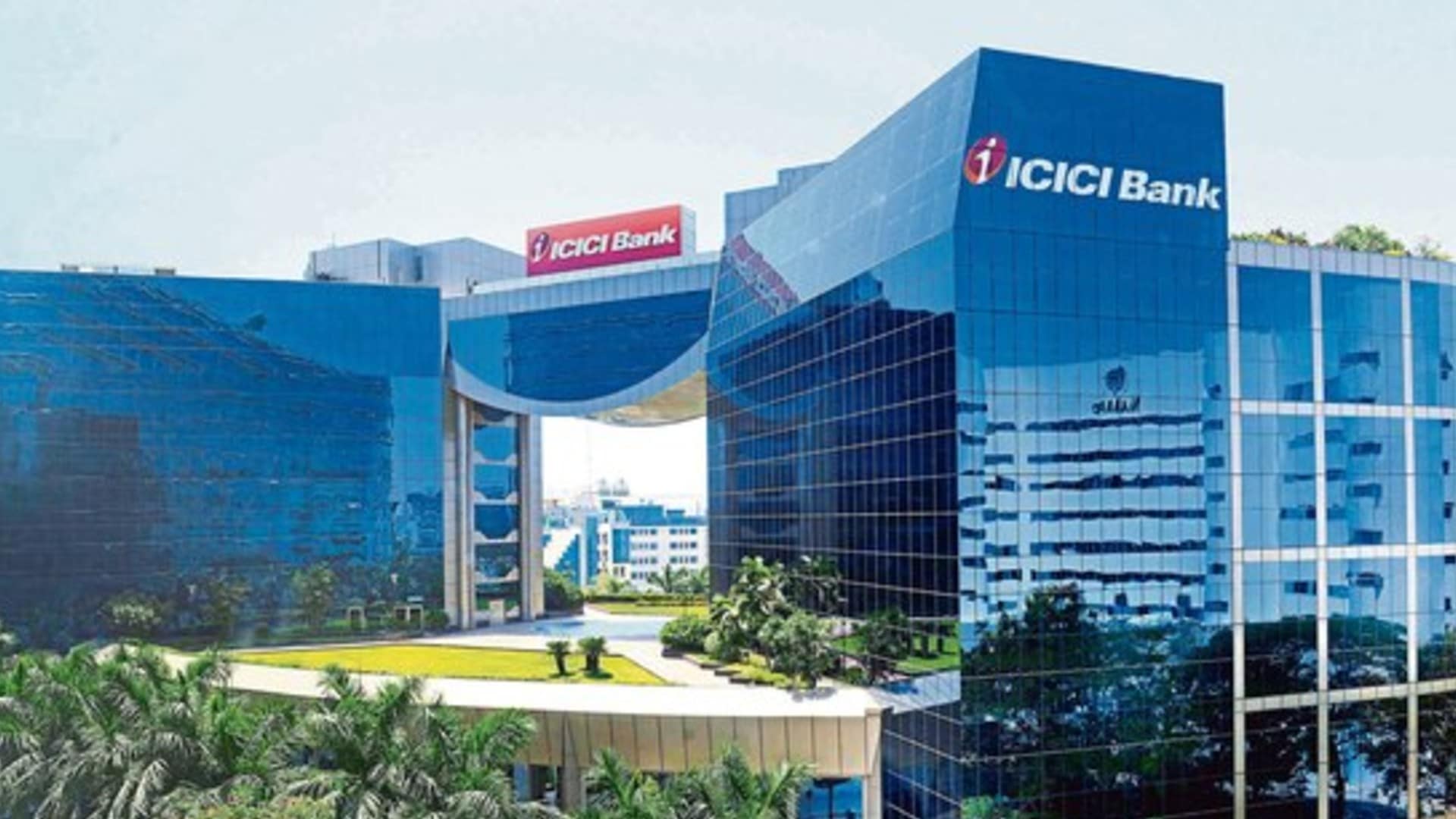ICICI Bank has announced that each of its equity shares would fetch a dividend of Rs 2 as subject to shareholder approval.
This is a growth from Rs 1 dividend per equity share in 2019 and Rs 1.4 per share in 2018.
Dividend Rollout
The bank said in an official statement, “The Board has recommended a dividend of Rs 2 per share in line with applicable guidelines. The declaration of dividend is subject to requisite approvals”.
However no dates have been declared yet for the dividend payout.
The news came in the light of the private sector lender’s January-March quarter results of the last year.
The bank reported an incredible 260% on-year net profit growth.
Share prices closed at Rs 570 per share on Friday.
Growth In Figures
Net interest income- Rs 10,431 crore in the previous fiscal, a hike from 17% the previous year
Non-interest income- Rs 4,137 crore, up from Rs 4,013 crore the previous year
Total deposits- Rs 9.32 lakh crore, a YoY increase of 21% out of which:
Average current account deposits- 34% YoY growth in Q4 FY21
Average savings account deposits- 21% YoY in Q4 FY21
The bank’s retail loan portfolio which contributes 67% to its total loan portfolio saw a growth of 20% from the previous year.
Provisions made related to the pandemic amounted to Rs 1,000 crore and holdings amounted to Rs 7,475 crore.
NPAs
ICICI saw a decline in its Net non-performing asset (NPA) ratio to 1.14% at quarter-end.
The registered decline is a further dip from 1.26% in the present quarter and 1.41% which was from a year ago.
Gross NPA stood at 4.96% as opposed to 5.53% in the corresponding period the previous year.
Drivers Of Growth
The bank relies on individual borrowers who are its biggest customers, registering a 19% growth in the segment.
International broking firm CLSA also identified the bank’s digital initiatives and competitive mortgage pricing to be significant contributors to its large retail market share capture.
Rival HDFC Bank, on the other hand, has been lagging behind on this front with its struggles with online banking such as continuous app outages along with a lengthy transition to a cloud platform.
